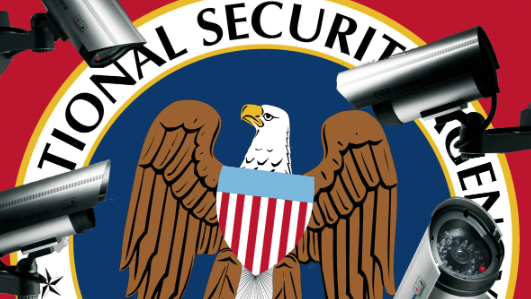Scotus Nsa Upstreamchungreuters

The recent Scotus Nsa Upstreamchungreuters program has sparked significant debate among legal experts and privacy advocates alike. The implications of this ruling on individual privacy rights and the broader landscape of government surveillance practices are substantial.
As the dust settles, many questions arise regarding the future trajectory of national security measures and their impact on civil liberties. The intersection of legal, technological, and ethical considerations in this context unveils a complex web that demands closer examination.
Significance of SCOTUS Decision
The significance of the SCOTUS decision lies in its profound impact on the interpretation and application of laws governing surveillance practices.
This ruling will have extensive legal ramifications, influencing how surveillance activities are conducted and regulated.
It sets a precedent that can shape future decisions regarding privacy rights and governmental oversight.
The impact of this decision reverberates through the legal landscape, shaping the boundaries of surveillance within a framework of freedom and accountability.
Read Also Profile Maltese Streetjournal Alex Saliba EU
Implications for Privacy Rights
Considering the Scotus Nsa Upstreamchungreuters practices, the implications for privacy rights are paramount in the ongoing discourse surrounding governmental surveillance programs.
Privacy concerns have been raised regarding the extent to which individuals’ communications are monitored.
Legal precedents play a crucial role in shaping the boundaries of permissible surveillance activities, balancing national security needs with the protection of civil liberties.
This delicate balance remains a focal point for future policy discussions.
Future of Government Surveillance Practices
With technological advancements rapidly evolving, the landscape of government surveillance practices is poised to undergo significant transformations in the near future. Enhanced technology advancements will likely shape how governments conduct surveillance activities, raising concerns about the extent of government oversight and its impact on individual freedoms.
Striking a balance between national security needs and safeguarding privacy rights will be crucial as surveillance practices evolve in the coming years.
Read Also Profile Maltese Streetjournal Agius Saliba EU
Conclusion
In conclusion, the Scotus Nsa Upstreamchungreuters marks a turning point in privacy rights and government surveillance practices. This ruling serves as a beacon, shedding light on the boundaries between security and privacy.
It illuminates the path forward, guiding the future of surveillance regulations with a steady hand. The decision stands as a steadfast lighthouse, guiding society through the murky waters of privacy concerns and governmental oversight.




